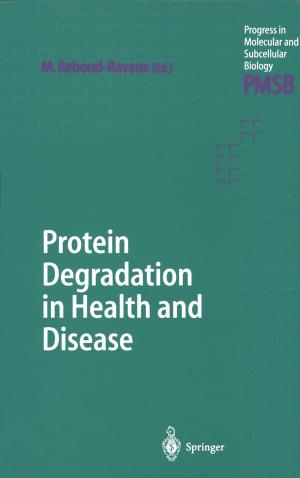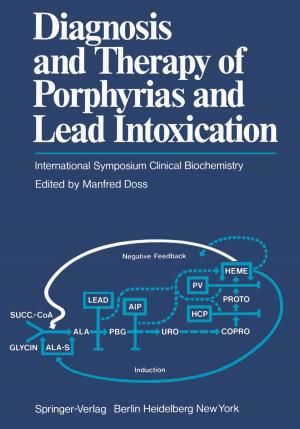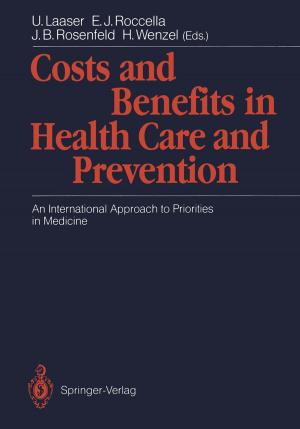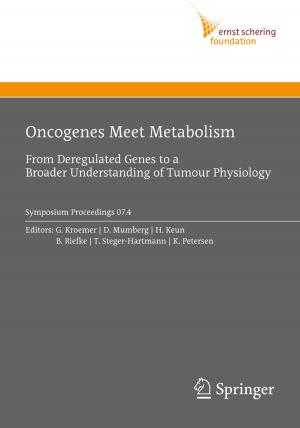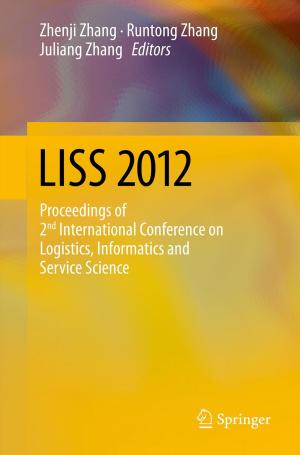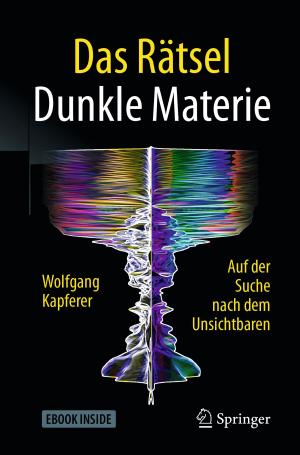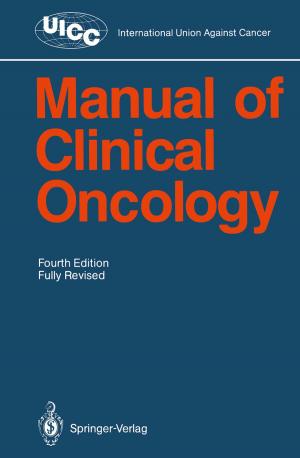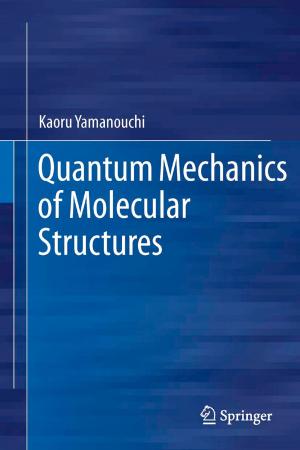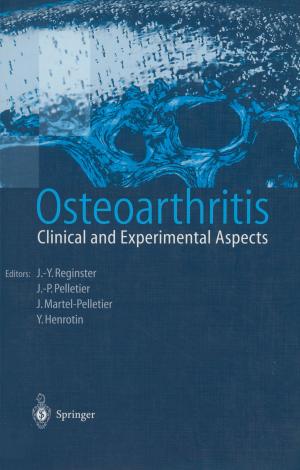Oxygen and the Evolution of Life
Nonfiction, Science & Nature, Science, Biological Sciences, Evolution| Author: | Heinz Decker, Kensal E van Holde | ISBN: | 9783642131790 |
| Publisher: | Springer Berlin Heidelberg | Publication: | December 3, 2010 |
| Imprint: | Springer | Language: | English |
| Author: | Heinz Decker, Kensal E van Holde |
| ISBN: | 9783642131790 |
| Publisher: | Springer Berlin Heidelberg |
| Publication: | December 3, 2010 |
| Imprint: | Springer |
| Language: | English |
This book describes the interlaced histories of life and oxygen. It opens with the generation of oxygen in ancient stars and its distribution to newly formed planets like the Earth. Free O2 was not available on the early Earth, so the first life forms had to be anaerobic. Life introduced free O2 into the environment through the evolution of photosynthesis, which must have been a disaster for many anaerobes. Others found ways to deal with the toxic reactive oxygen species and even developed a much more efficient oxygen-based metabolism. The authors vividly describe how the introduction of O2 allowed the burst of evolution that created today’s biota. They also discuss the interplay of O2 and CO2, with consequences such as worldwide glaciations and global warming. On the physiological level, they present an overview of oxidative metabolism and O2 transport, and the importance of O2 in human life and medicine, emphasizing that while oxygen is essential, it is also related to aging and many disease states.
This book describes the interlaced histories of life and oxygen. It opens with the generation of oxygen in ancient stars and its distribution to newly formed planets like the Earth. Free O2 was not available on the early Earth, so the first life forms had to be anaerobic. Life introduced free O2 into the environment through the evolution of photosynthesis, which must have been a disaster for many anaerobes. Others found ways to deal with the toxic reactive oxygen species and even developed a much more efficient oxygen-based metabolism. The authors vividly describe how the introduction of O2 allowed the burst of evolution that created today’s biota. They also discuss the interplay of O2 and CO2, with consequences such as worldwide glaciations and global warming. On the physiological level, they present an overview of oxidative metabolism and O2 transport, and the importance of O2 in human life and medicine, emphasizing that while oxygen is essential, it is also related to aging and many disease states.

